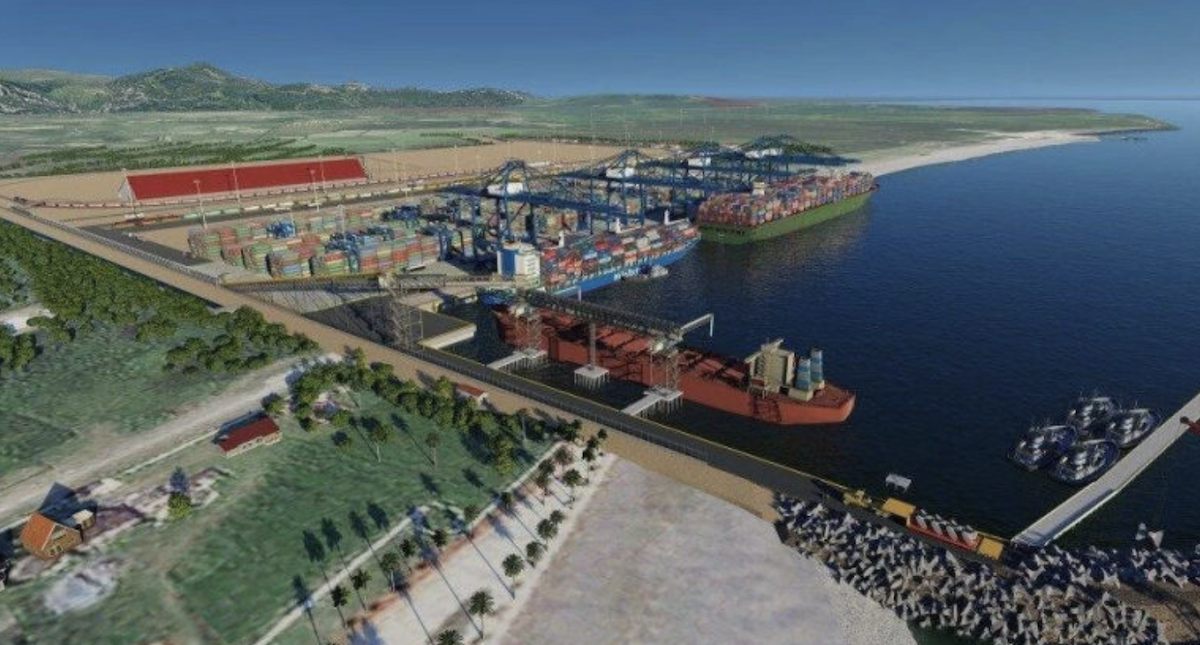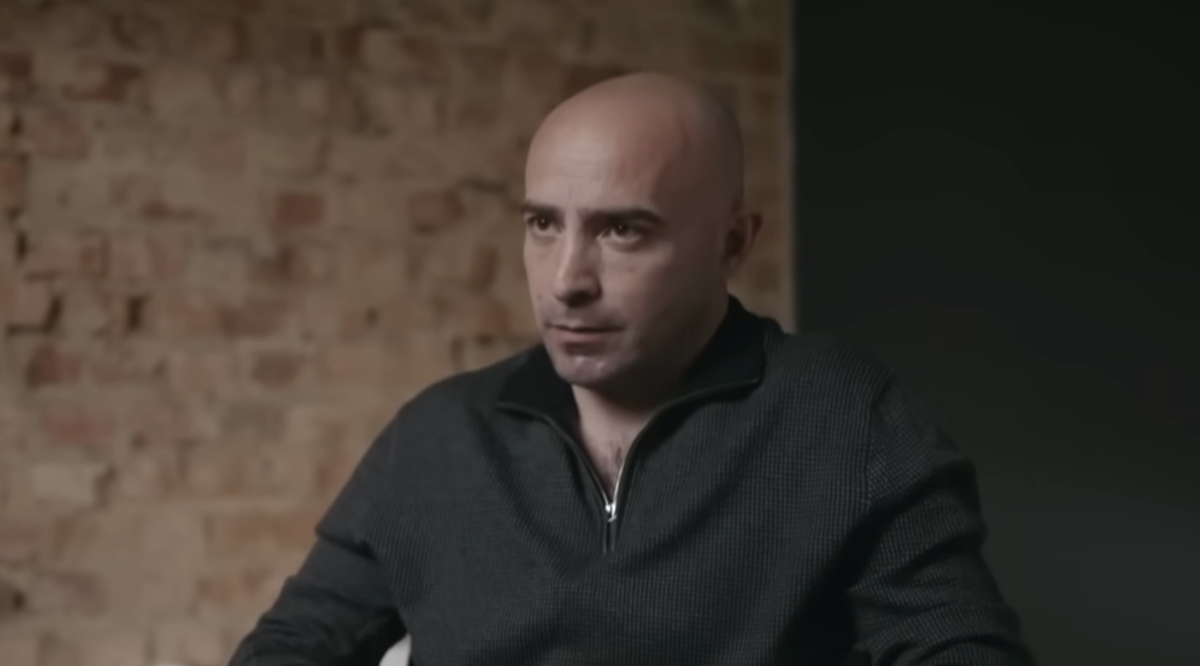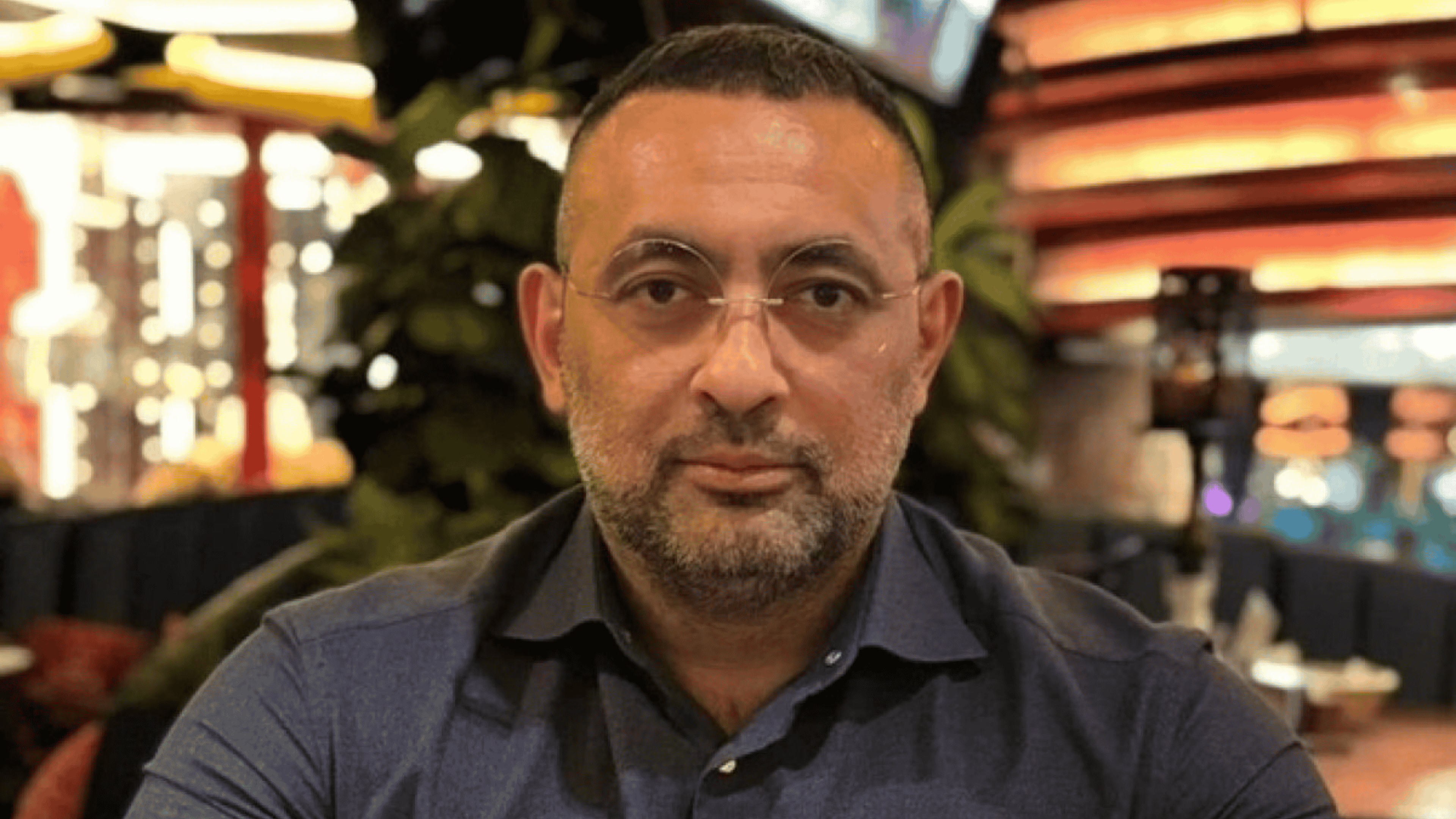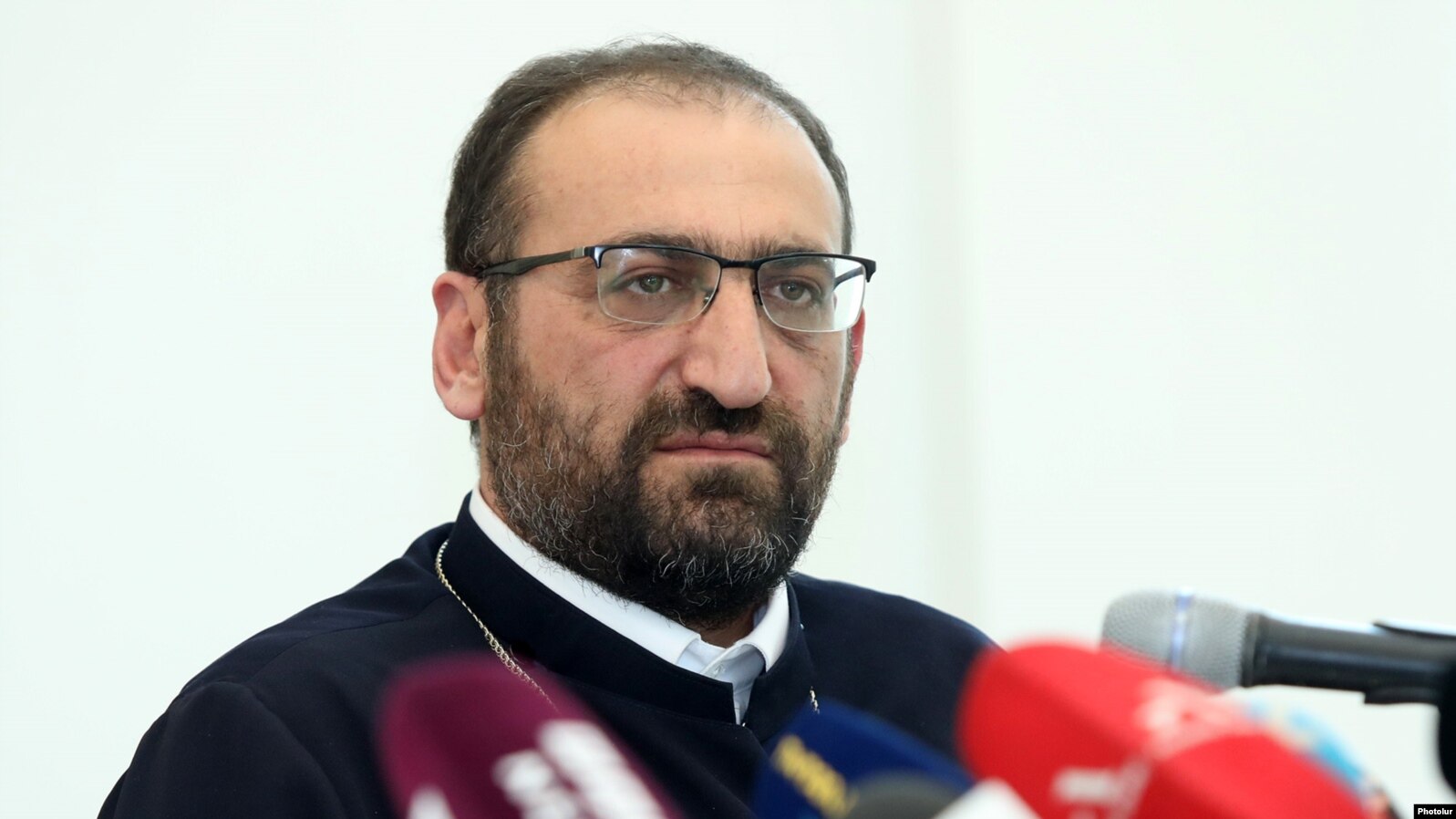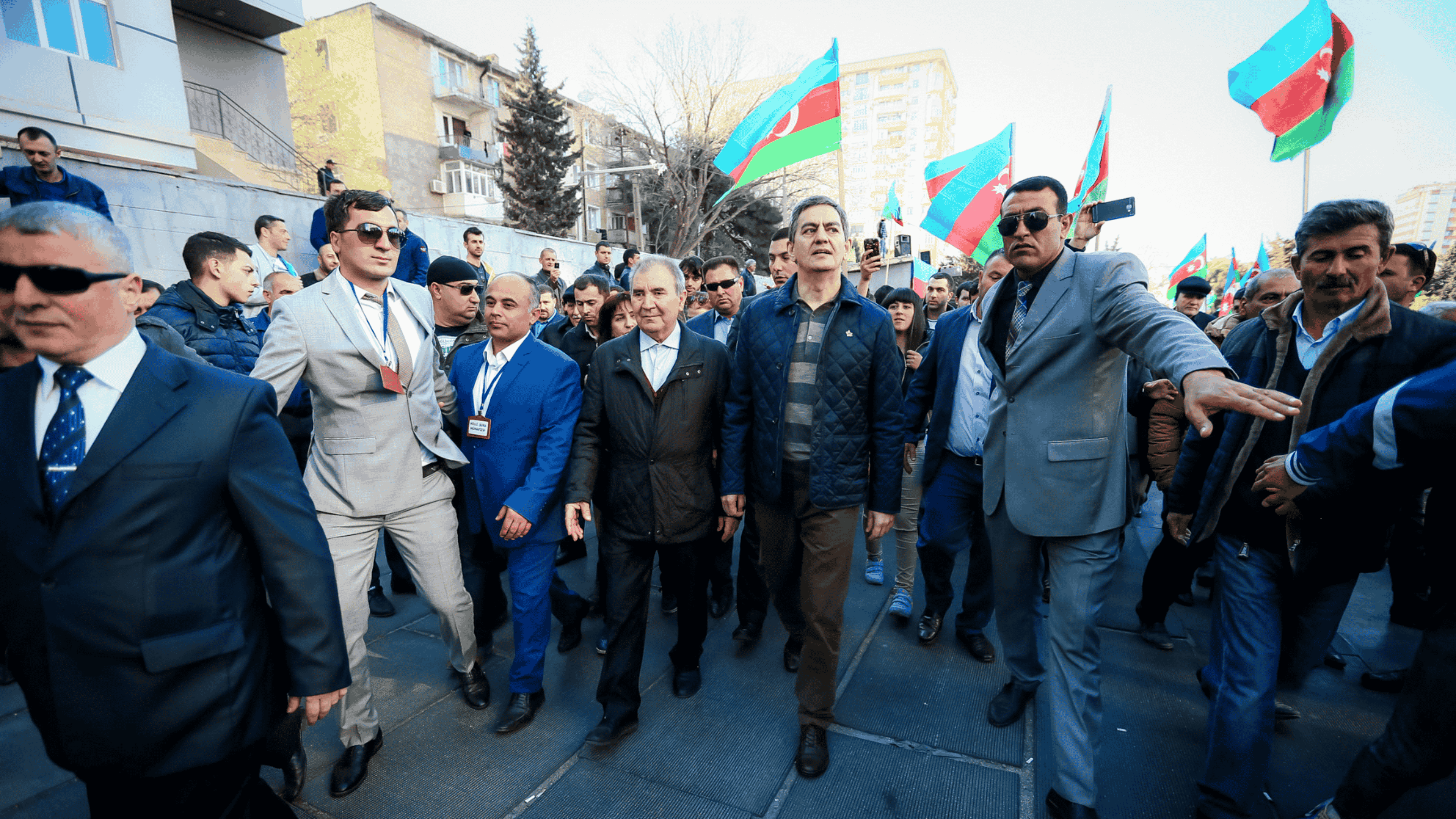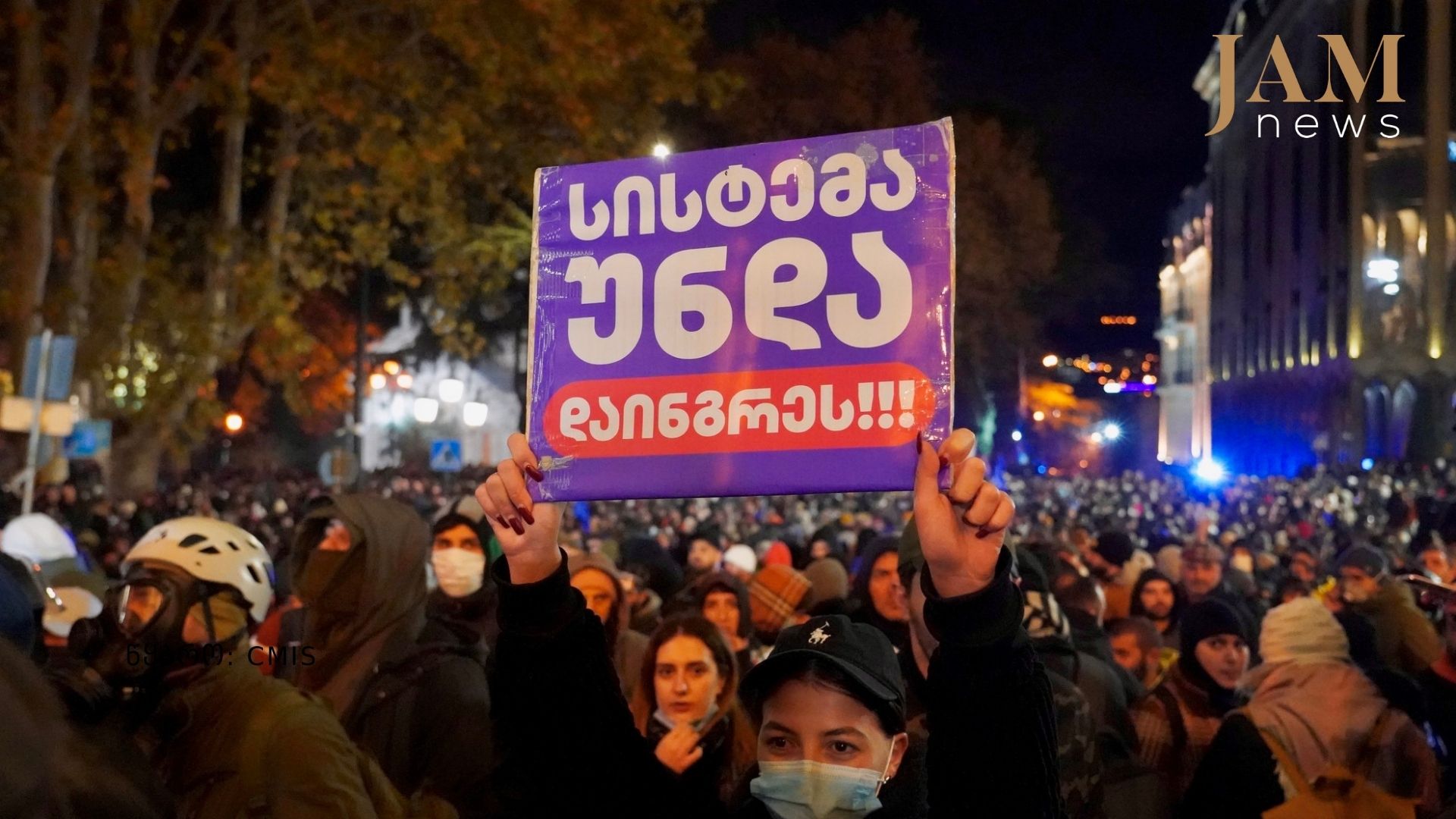The most homophobic country in Europe, or ‘nobody touches them here’? LGBT survey results
Azerbaijan is the most homophobic country in Europe, according to data from ILGA-Europe, and has been since 2015. Nevertheless, officials have repeatedly stated that there is no discrimination against the LGBTQ population in the country and the same opinion can often be found on social networks and forums.
We conducted an anonymous survey on the website gay.az to find out what kind of difficulties are faced by LGBTQ individuals in Azerbaijan.
There are no laws in Azerbaijan that discriminate against LGBTQ people.
In 2000, sex between men was decriminalized. But there are no laws of protecting LGBTQ individuals either, and government officials often pretend that LGBTQ people simply do not exist, or they argue that all the rights of citizens are respected in the country. And even when independent media reported that police unexpectedly raided LGBTQ people’s homes or gathering spots and detained at least 50 people, officials said it was ‘just a raid to detain sex workers.’
Homophobic statements often appear in the Azerbaijani media, made by public figures and politicians without harm to their future career. Social media now and then deny the problem of pressure on LGBT people, saying that “in fact, no one touches them.”
LGBTQ individuals we interviewed disagree.
The survey involved 447 people.
To the question “Who knows about your orientation” about 9% of respondents answered “All” and about 3% answered “Nobody”. The most popular answers are “One or two people” (43.2%) and “Close friends” (28.2%). Parents knew about the orientation of the respondent in 8.5 percent of cases, colleagues – 12.8%.

The overwhelming majority of the respondents have been subject to violence because of their orientation – 92.4%. 80% of respondents report that violent acts have been repeated many times.
As for the nature of the violence, 7.2% of the respondents said it was of a sexual nature, 30.7% reported being beaten up, more than half 55.6% repeated verbal insults, and about one in five (19.5%) report being ignored or dismissed by those around them.
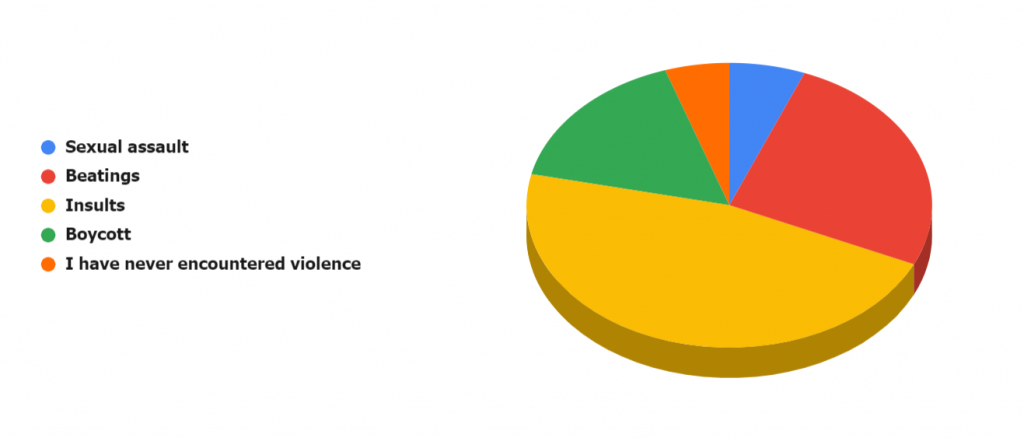
When asked who exactly committed the violence, the majority of respondents (38.5%) answered that they were strangers. 32.2% – that they were relatives, 26.4% – peers and 15.9% – neighbors.
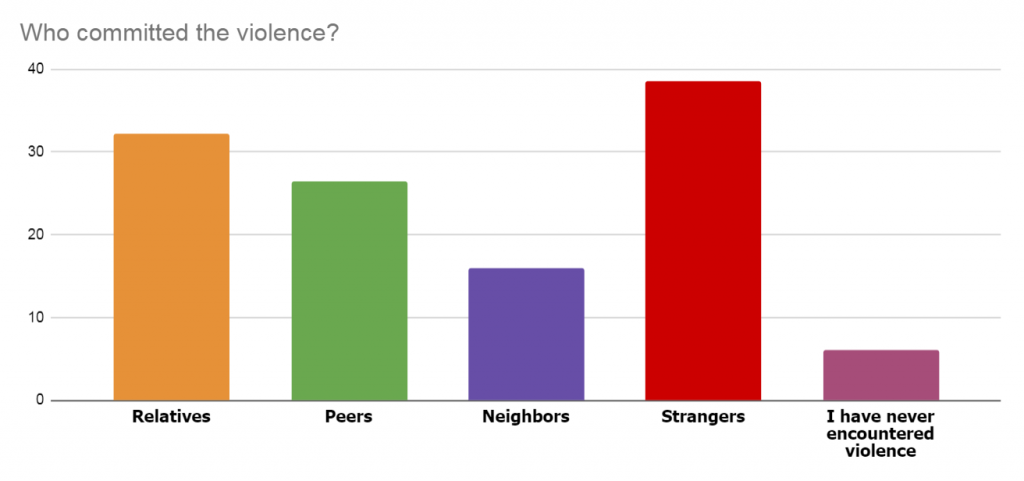
Victims most often did not turn to anyone for help – 60% of the respondents.
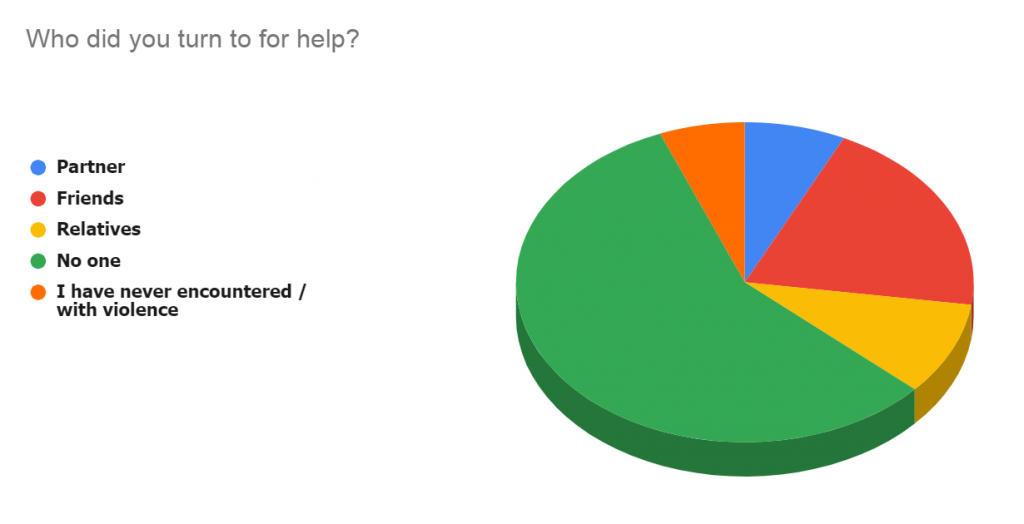
When asked to tell more about what happened, respondents shared the following stories:
“I have been subjected to pressure and psychological abuse on social media and in everyday life. No matter how much I say that I do not care, sometimes it is unbearably bad.”
“My relatives illegally took over my data from my phone, read my correspondence and blackmailed me. It happened a couple of times, they insulted me on the street”.
“Penalty for kissing a girl in the park. Threatened by guards to show a photo they took of us secretly if we did not pay a fine. They took 50 manat”.
“The police threatened to take me to the police station and tell my relatives. They took 30 manat.”
“The police caught [me] and demanded money to be released.”
“Nonsense, there is no discrimination in the country and no one offends anyone. This site is a disgrace to Azerbaijan!”
Kamran Rzayev, head of the NGO Gender and Development, comments:
“First of all, most of the people from the LGBT community are subjected to family pressure. This can be verbal and physical abuse after coming out (often forced when someone else tells the family), house arrest, or forced marriage. Often, young people are kicked out of their homes, thereby encouraging them to engage in sex work.
There is also pressure from society – rejection, misunderstanding, bullying, beating. Dismissals happen if they learn about orientation at work.
Society as a whole does not have information about who LGBT people are, they are afraid and do not understand. Parents are afraid that their children will “become the same”. I think our media should work on this problem, educate people. Then the pressure from the society will decrease.
There is also police pressure. Most of all goes to those who are engaged in sex work. Sometimes it happens that the police “catch” gay men on dating sites in order to blackmail. Now this happens less often than a few years ago.
There were many cases when we were asked for help, and we were ready to provide a lawyer and help solve the problem in court. But people refuse because they are afraid of publicity.
For the situation to change, the LGBT community must understand that until it begins to claim its rights, no one will solve this problem for them. We need precedents of won court cases that would scare off the aggressors. We need to mobilize and start acting on our own. ”












